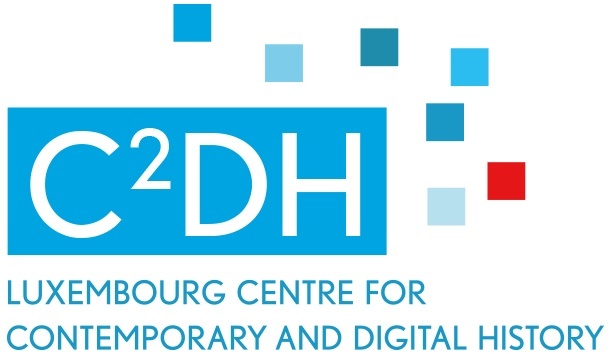Juliane Tatarinov took over the role of DTU coordinator from Tim van der Heijden. After two months on the job, Sytze Van Herck sat down with her for a short interview asking her how she is doing.

Juliane, thank you for taking time out of your busy schedule for this interview. Could you please tell us about your role as DTU coordinator?
“I am in charge of coordinating all the activities of the DTU team of 30 people. The DTU-members are all on different levels of their academic careers and native to different disciplines. This makes my job exciting but also challenging, as you can imagine. On a practical side, my tasks encompass especially support of event organisation, teaching activities and website content management. As a coordinator I am the link between all committees involved, the PhDs, the faculties, the management board, and of course the FNR which is supporting the interdisciplinary project within the PRIDE stream. Content wise I see myself as negotiator and door opener to promote collaborations between the researchers. I look for synergies and common interests that will hopefully lead to new research activities.”
Why did you decide to apply for the job of DTU coordinator?
“I love it when people find each other and I made this happen. It gives me a deep satisfaction. Coordinating the DTU seems to bring everything I care about together: promoting research in the humanities, working closely with inspiring and open people, and satisfying my own curiosity on how to engage historical research in the future. And I also have to mention that the C²DH exudes an aspirational mindset which I have missed in German universities for a while now.”
Which previous experience prepared you for this responsibility?
“I worked in several interdisciplinary settings before. Especially being part of a collaborative research centre Strangers and poor people at the University of Trier for many years prepared me well for the job. It was a large-scale DFG-project lasting twelve years, stretching over five faculties and creating fundamental research on various forms of poverty and being ‘strange’ in the history of mankind. Within this frame I worked on my PhD project about the persecution of so-called ‘gypsies’ and ‘gypsy-like’ people in the Prussian Rhine province during the Weimar Republic. I learned to value the basic research of the individual PhD projects and their placement in a larger research setting. It makes you feel like you are part of something important. I hope I will be able to transfer this understanding to the PhD-Students of the DTU.”
How is the topic of the DTU “Digital History and Hermeneutics” related to your work?
“Trained as a ‘classic’ social historian I used to work with qualitative analytical tools such as MaxQdA and FuD for my PhD research. I can see now that I have missed out on explaining which effects these instruments had on my scientific approach, but it was simply not customary to reflect on that. I notice a clear need to communicate the necessity of critical tool reflection to the scientific community in the humanities and to a broader public that has been created by the digital turn within the field. At the same time I can help the digital specialists to bring back their focus to sound research questions if they get lost within all the technical options they need to assess.”
How would you describe ‘a day in the life’ of the DTU coordinator?
“Of course a major part involves meetings and email-marathons, however, there is not a day passing by without learning at least one interesting new thing. I enjoy the bus rides in the morning when I can read in peace and quiet and can prepare my day mentally, but I do not like them in the evening when I am mostly stuck in traffic. It is safe to say there is never one regular working day, which is a blessing and a curse, but I guess that’s what I love about the job.”


